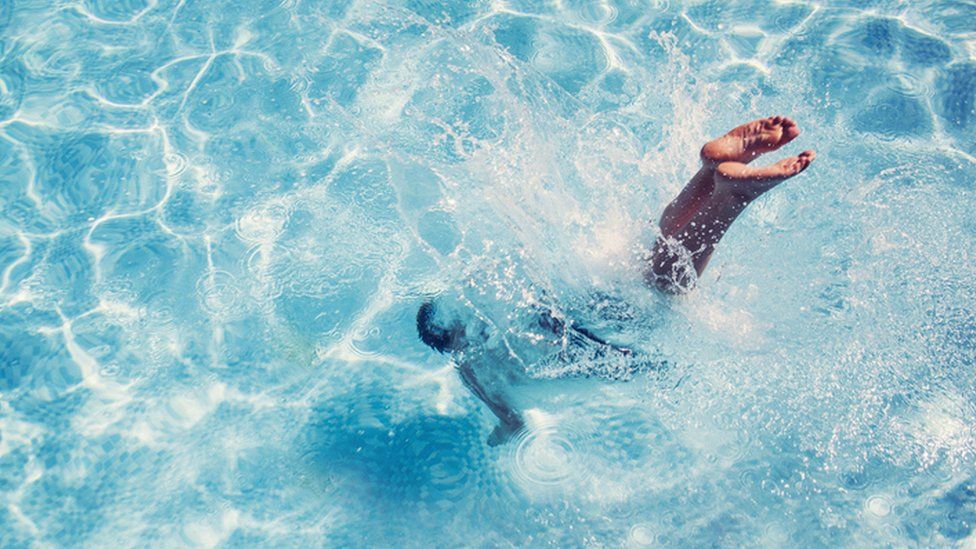The
discovery of thousands of undeclared private swimming pools in France
has provided an unexpected windfall for French tax authorities.
Following an experiment using artificial intelligence (AI), more than 20,000 hidden pools were discovered.
They have amassed some €10m (£8.5m) in revenue, French media is reporting.
Pools can lead to higher property taxes because they boost property value, and must be declared under French law.
The
software, developed by Google and French consulting firm Capgemini,
spotted the pools on aerial images of nine French regions during a trial
in October 2021.
The
regions of Alpes-Maritimes, Var, Bouches-du-Rhône, Ardèche, Rhône,
Haute-Savoie, Vendée, Maine-et-Loire and Morbihan were part of the trial
- but tax officials say it may now be rolled out nationwide.
There
were more than 3.2 million private swimming pools in France in 2020,
according to data website Statista, with sales already booming before
the Covid pandemic.
But as more employees worked from home, there was a further surge in pool installations.
According to Le Parisien newspaper, an average pool of 30 sq m (322 sq ft) is taxed at €200 (£170) a year.
The
tax authorities say the software could eventually be used to find
undeclared home extensions, patios or gazebos, which also play a part in
property taxes.
Antoine
Magnant, the deputy director general of public finances, told Le
Parisien: "We are particularly targeting house extensions like verandas.
"But
we have to be sure that the software can find buildings with a large
footprint and not the dog kennel or the children's playhouse," he added.
The crackdown comes after Julien Bayou, of France's Europe-Ecology Greens party, did not rule out a ban on new private pools.
Speaking to BFMTV, he said that France needs a "different relationship to water" and that the ban would be a "last resort".
"The challenge is not to ban swimming pools, it is to guarantee our vital water needs," he said.
His comments come as France tackles its worst recorded drought that has left more than 100 municipalities short of drinking water.
In
July, France had just 9.7mm (0.38in) of rain, making it the driest
month since March 1961, the national weather service Meteo-France said.
Irrigation has been banned in much of the north-west and south-east of France to conserve water.





Post a Comment